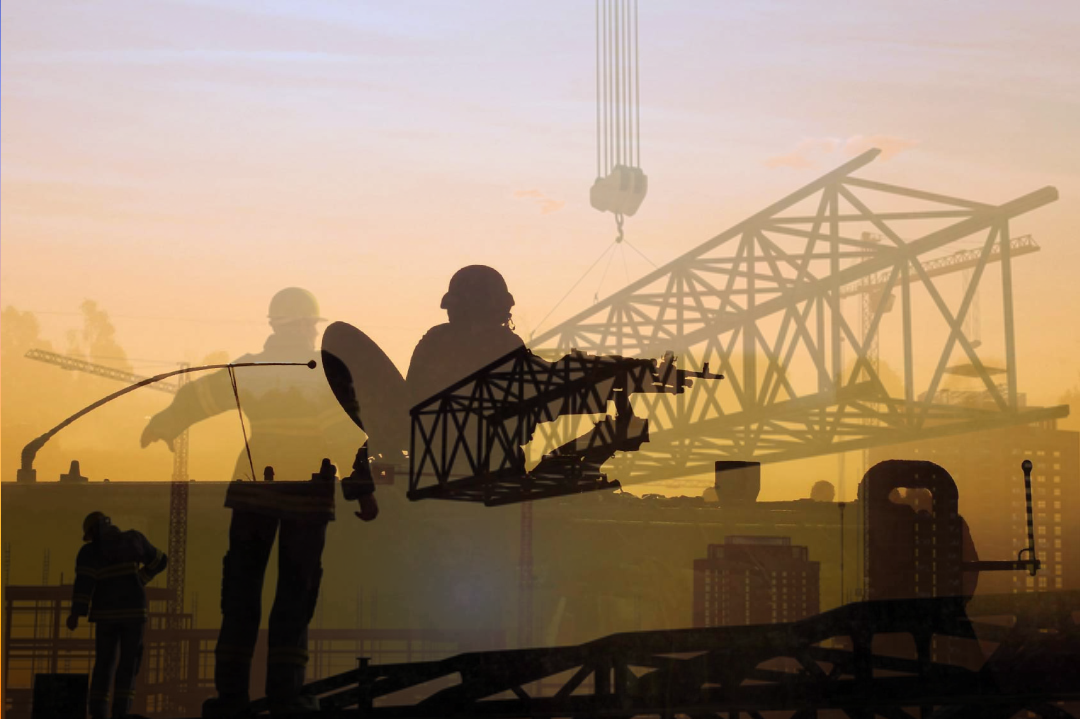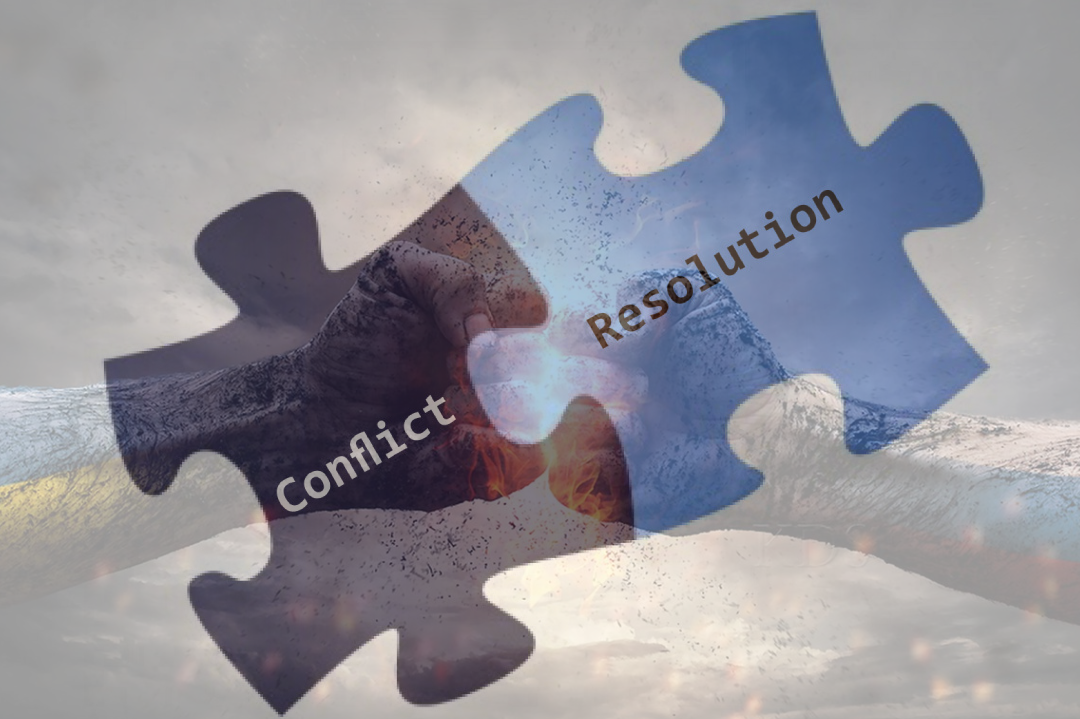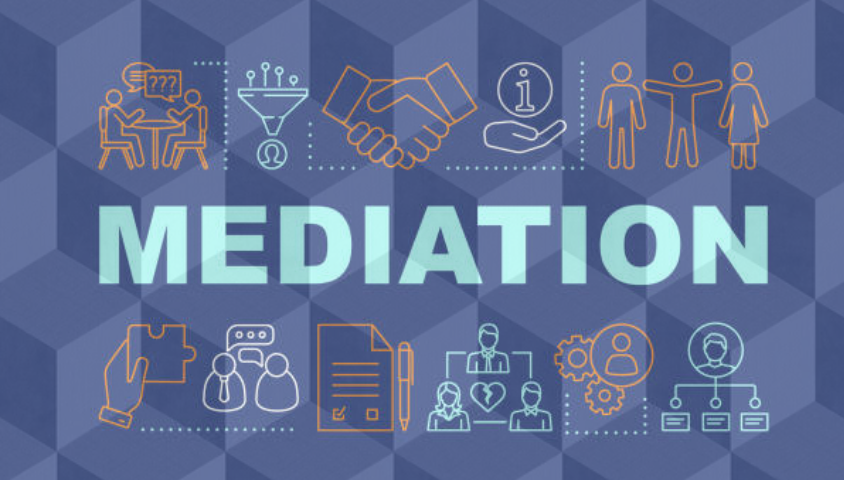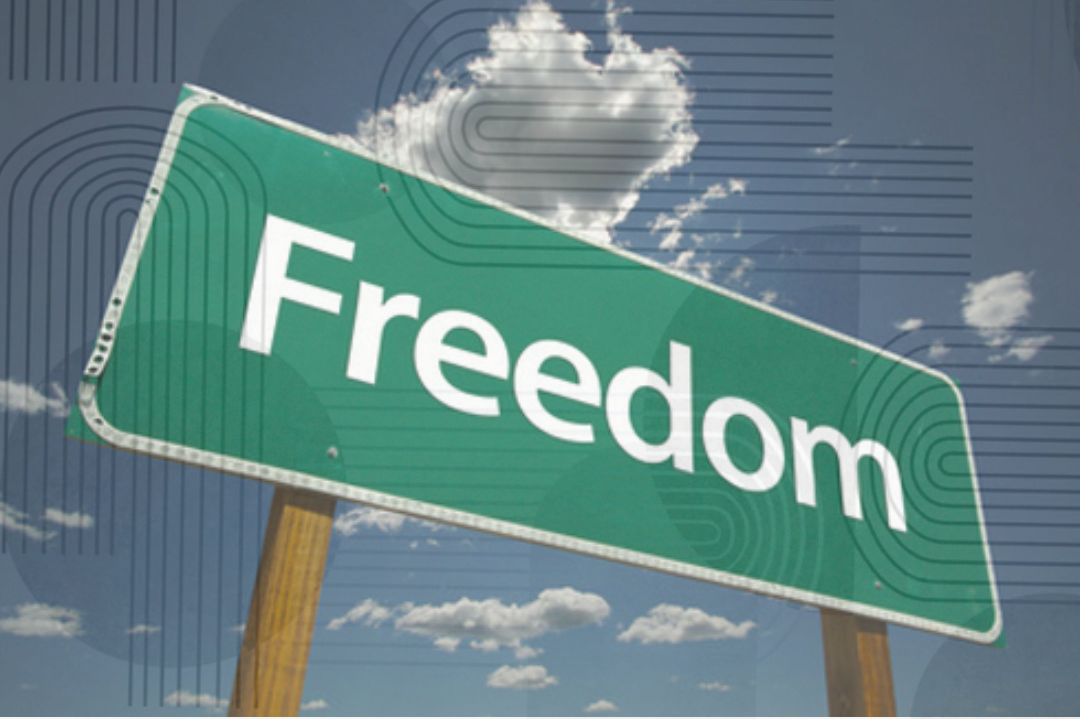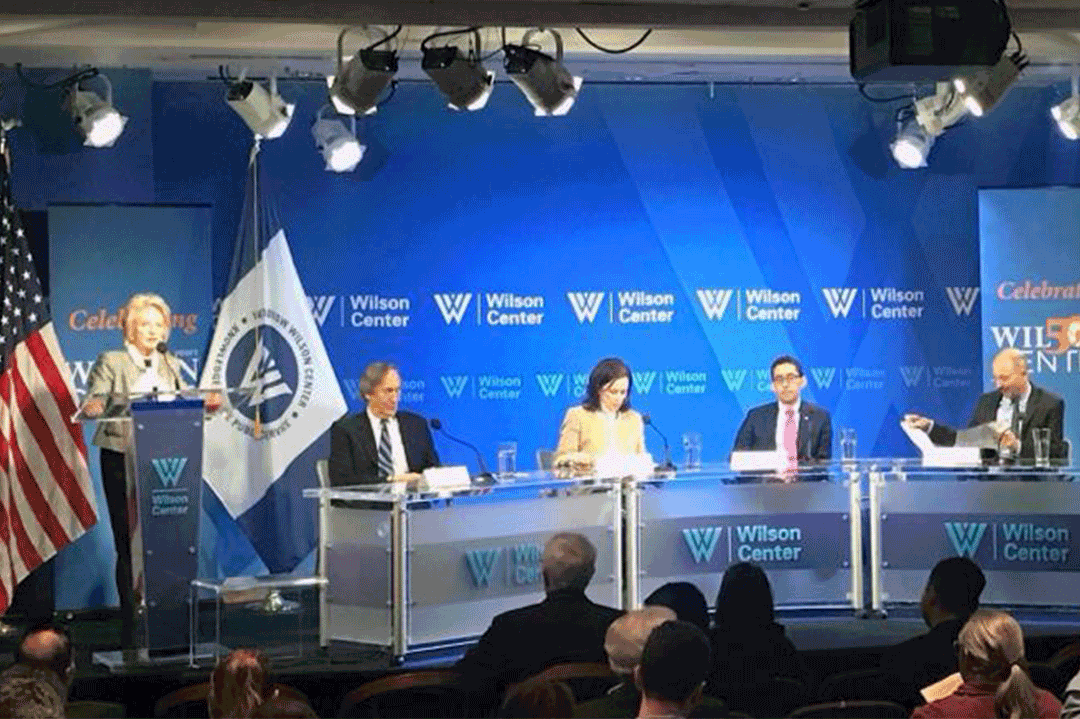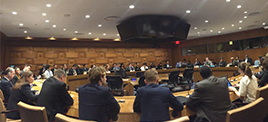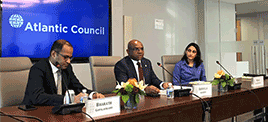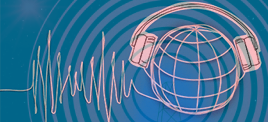The media is an outlet and a natural reflection of humanitarian affairs. It has become one of the most influential social tools in human activity since it was created by the need and scientific development and the need to communicate with the growing population around the world.
Radio, as classified by the United Nations, is the most accessible media outlet in the world. It is a powerful and inexpensive communication tool. Radio is very suitable for reaching out to remote communities and vulnerable groups, such as the illiterate, the disabled, women, youth and the poor. At the same time, it provides a forum for participation in public debate, regardless of the educational level of the people. In addition, radio plays a major role in emergency communication and disaster relief.
Radio is still the most dynamic, interactive and participatory medium, adapting to the changes of the 21st century and providing new avenues for interaction and participation among people. When social media restrict us to bubbles of like-minded people, radio has its role in bringing together communities and promoting positive dialogue for change.
By listening to the voices of the masses and responding to their needs, the radio provides a necessary diversity of views and voices to address the challenges we all face.
His Excellency Theologian Sayyid Mohammad Shirazi emphasized on the importance of the media, especially mass media broadcasting methods, highlighting its importance in establishing tolerance and civil peace and spreading civilized culture among the peoples of the world, especially in the countries of the Middle East.
The present heritage of the late Imam, represented by dozens of media outlets that deal with intellectual, cultural and in-depth Islamic affairs, is characterized by its principles which contribute to the establishment of democratic norms, community culture and human rights teachings in general.
While the religious authority of His Excellency Theologian Ayatollah Sayyid Sadiq Shirazi continued to support and support the media’s supportive approach to the media, which contributed directly and indirectly to changing the reality of many people who were eager to free themselves from tyranny. For public and private freedoms, especially the ideologies that the media have succeeded in uprooting from the lives of millions of people in the Middle East.
Shirazi Foundation calls upon human rights organizations to intensify their efforts to support the freedom and diversity in media and to promote culture of tolerance for opposing views. Considering the diversity of our communities, it is important to promote a peaceful coexistence.



